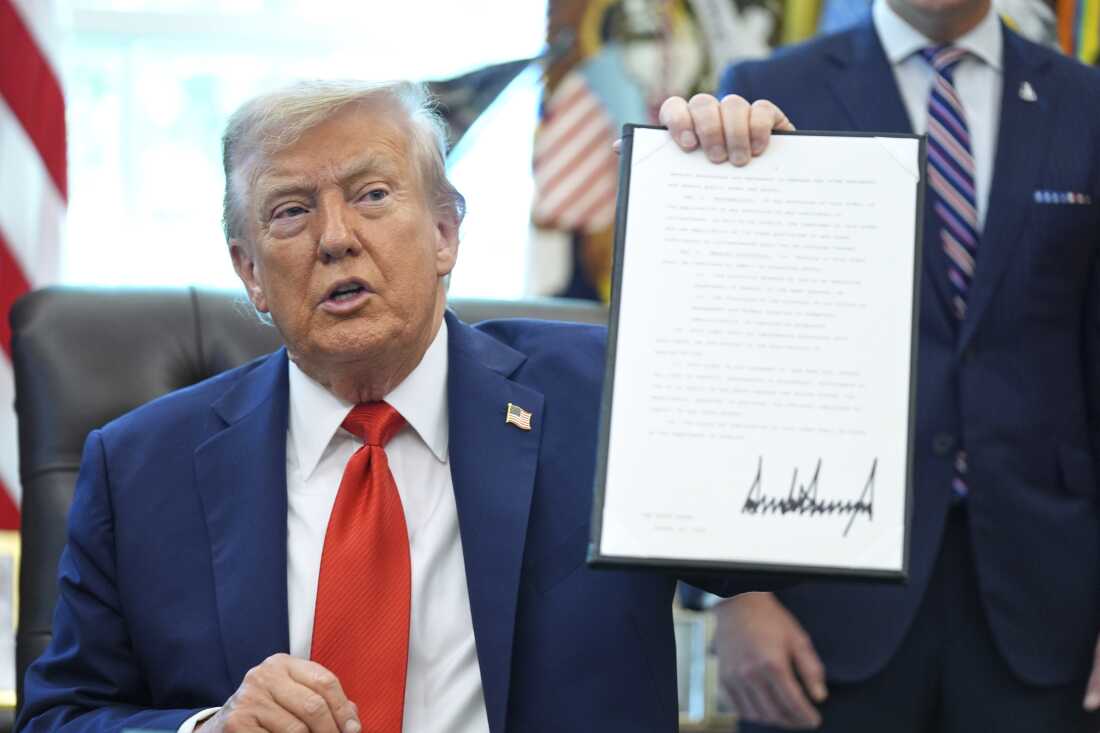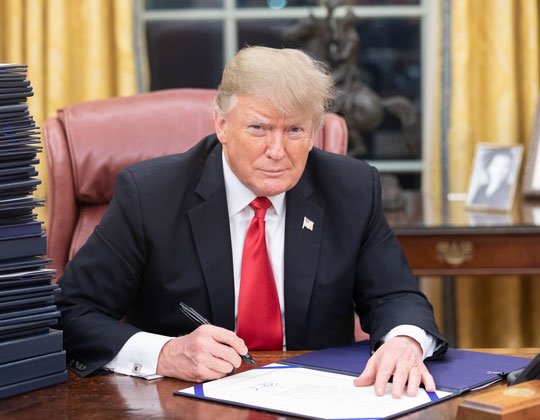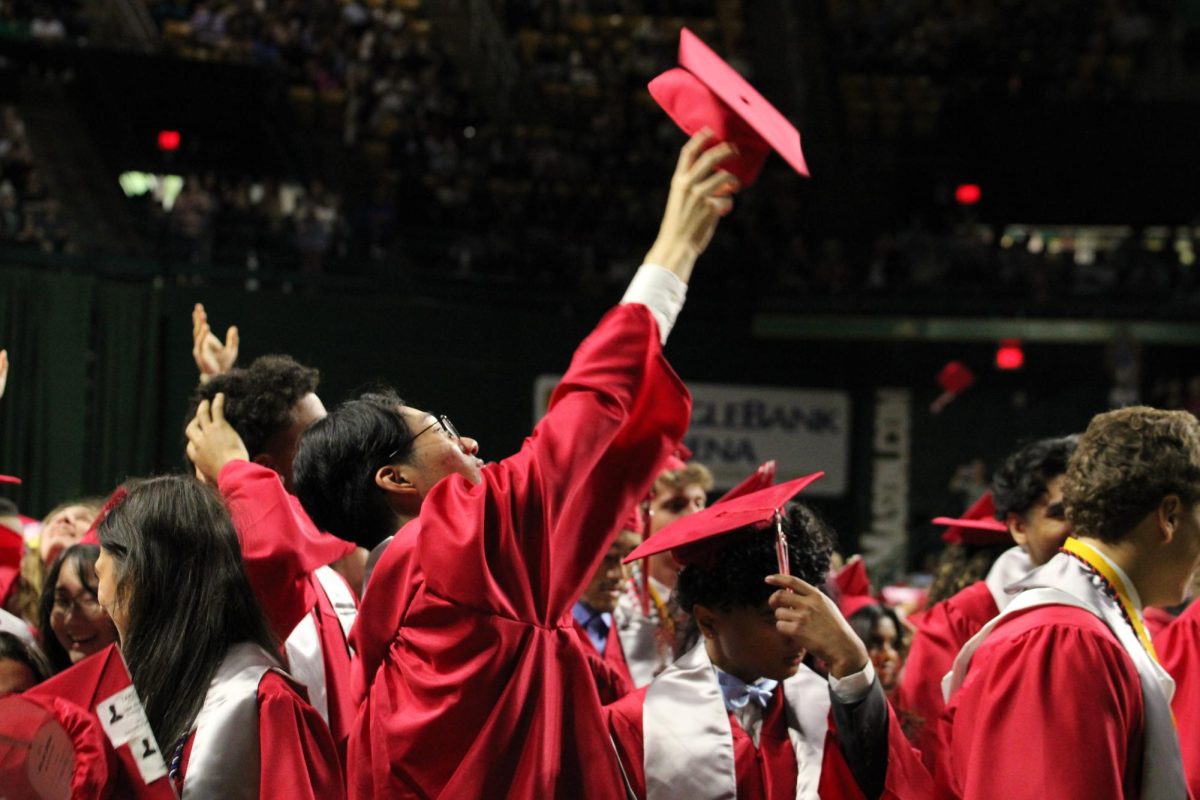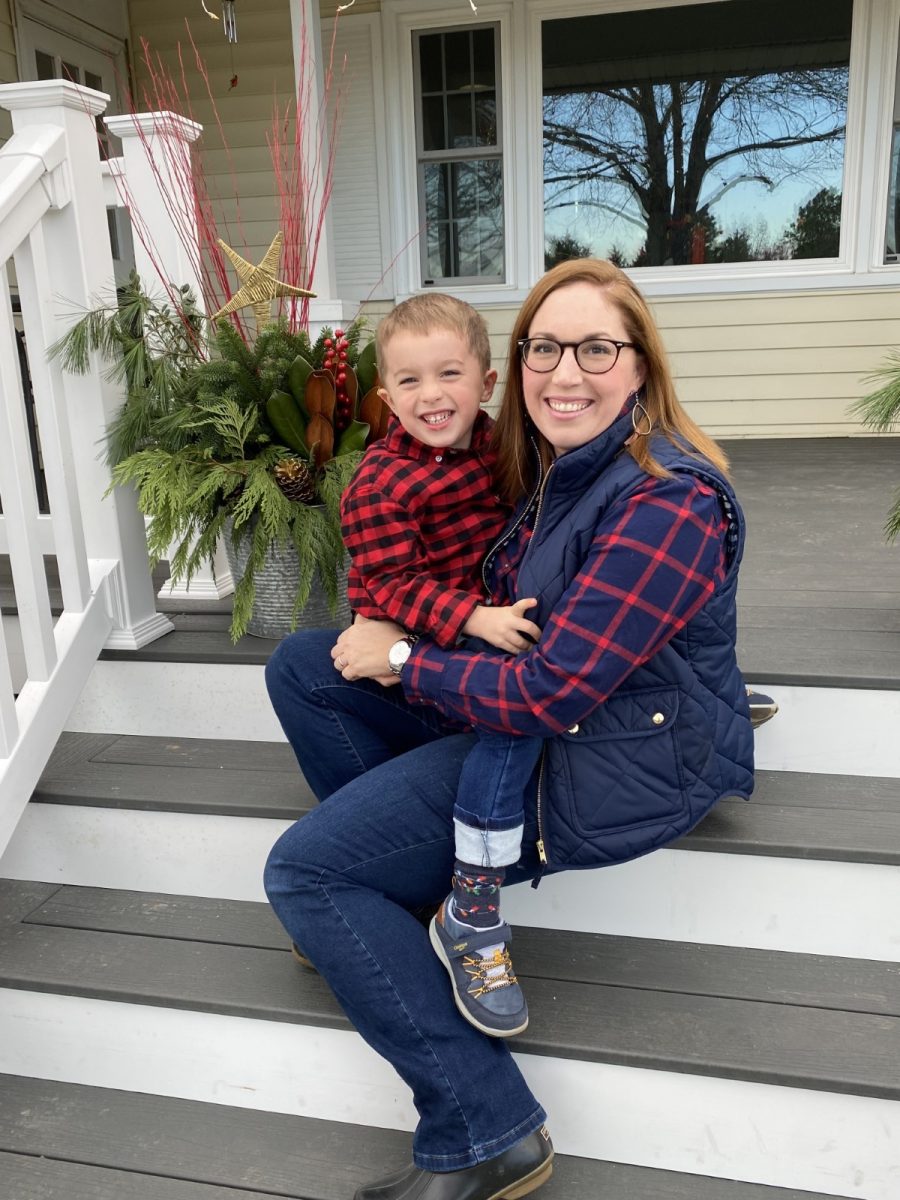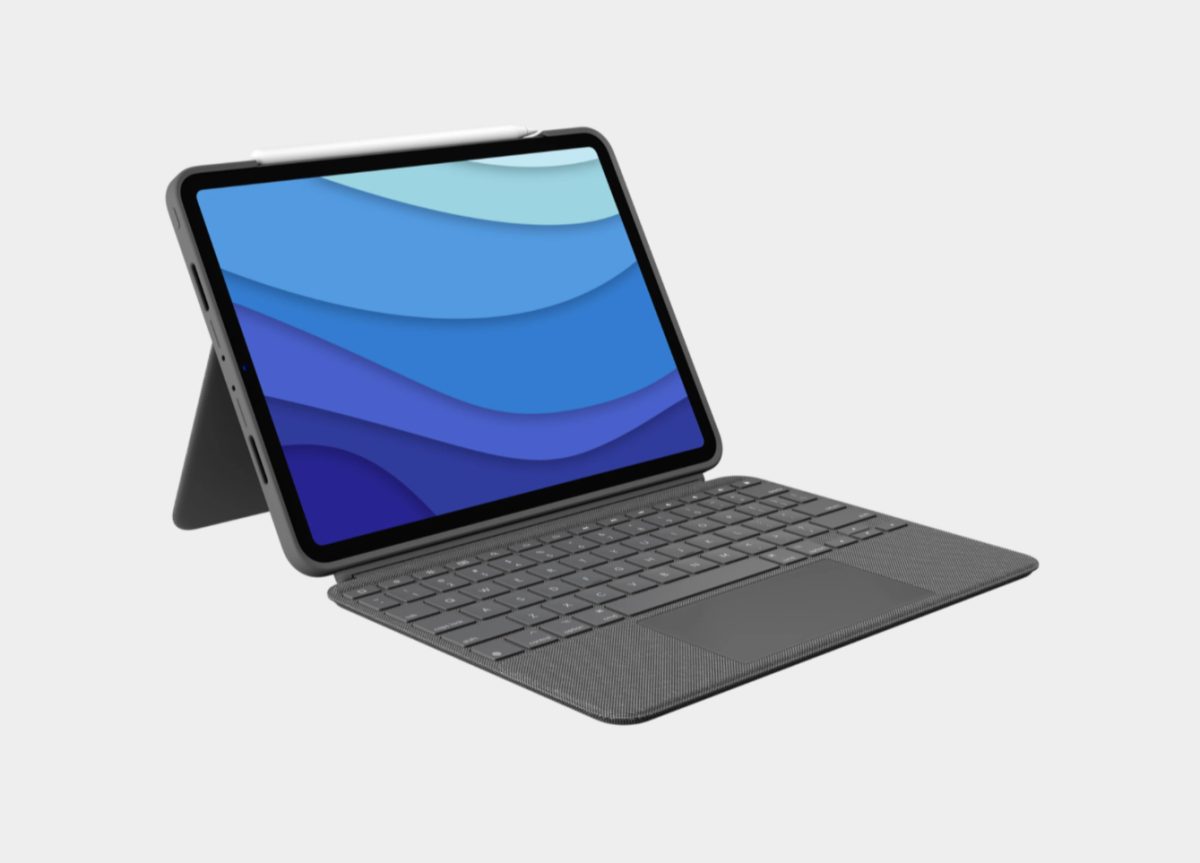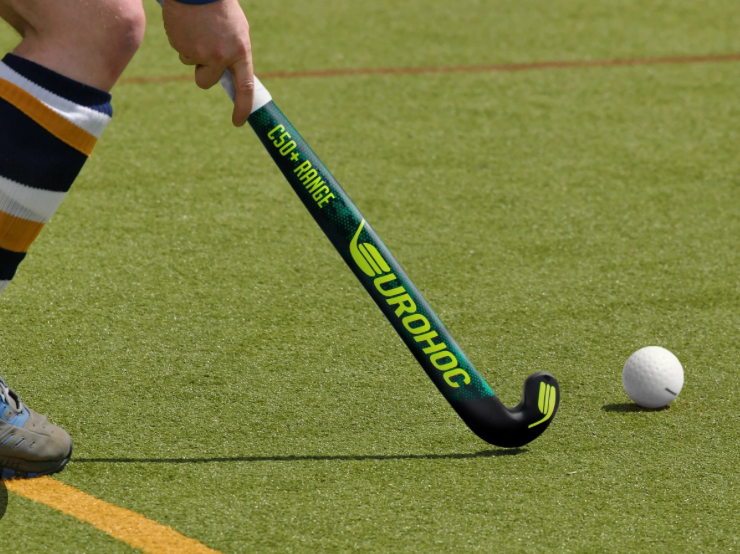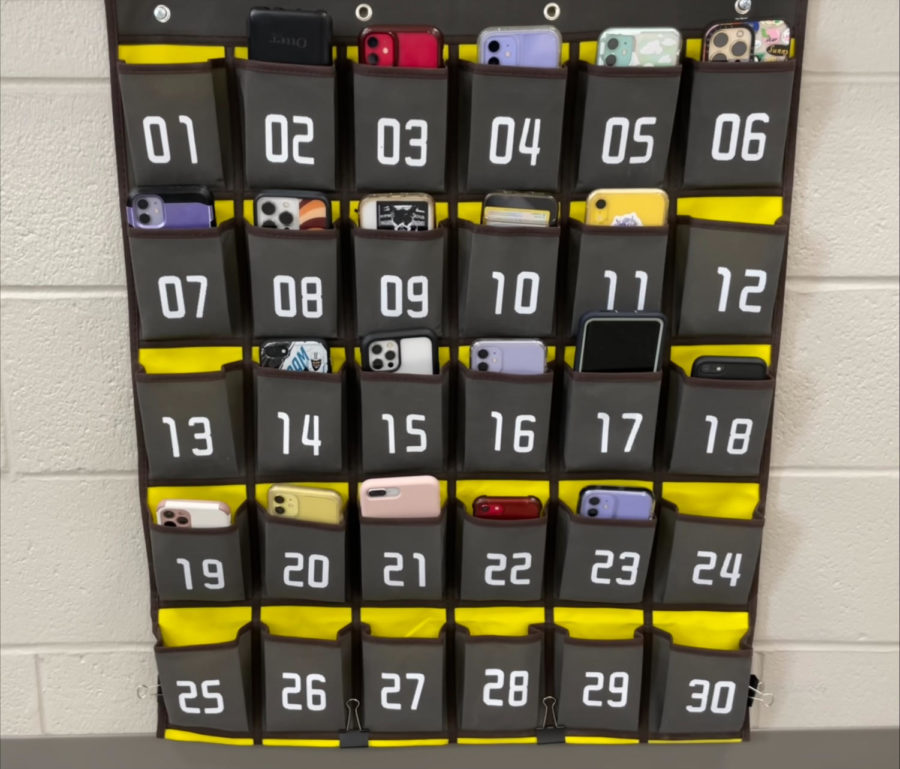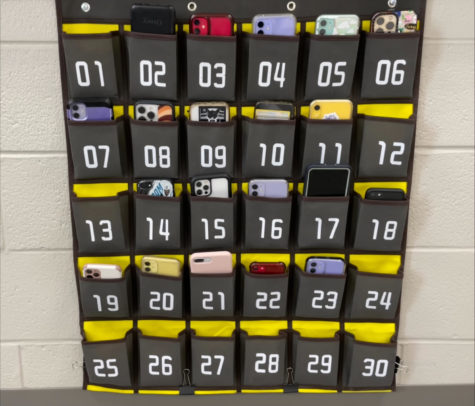Phone Policy: Admin’s Response
Example of a phone caddy in GVHS classrooms.
September 13, 2022
During the first week of school, students at Gainesville High School no doubt noticed the new cell phone policy being put into effect by the teachers and staff. Students are no longer allowed to use their mobile phones in the classroom unless specifically instructed by a teacher.
Students have mixed feelings about the introduction of this policy, but what do the administrators of GHS want to accomplish?
According to Neil Beech, principal of the school, it’s all about keeping students on task, “The simple answer is better student learning in our classrooms, that’s ultimately the goal for a lot of the decisions that we make is to have a positive impact on the education that our students receive.” Beech, along with the rest of GHS staff, want restrictions on cell phones so that students pay attention and improve their focus on the learning materials provided to them.
“There’s a lot of evidence and research to suggest that cell phones are a huge distraction for a person—not just a student. Interacting with their cell phones inhibits that person’s capacity to learn, pay attention, repurpose, complete tasks, listen to somebody else—not just a teacher but a classmate. All of those things become harder to do as a result of distraction from the phone. So, our goal by removing or reducing distraction that phones present in our classrooms we’re hoping to improve or increase student learning.” Beech said.
According to research, findings from previous studies have suggested that mobile phones can have a negative impact on academic grades, as students overestimate their ability to multi-task. Furthermore, switching tasks takes time, effort and energy. researchers found that students who had been in a class where electronic devices were allowed performed 5% worse in their exams. This is the equivalent of a half a letter grade in conventional scoring systems.
Student learning is not the only thing that cell phones negatively impact though. Teachers are also affected by the overuse of phones in the classroom.
“Our teachers work really hard to plan lessons that are interesting and thoughtful and intended to develop student skill sets and knowledge and again there’s this significant elephant in the room, this distraction in the room that is frustrating for our teachers. So, I think some of this is going to help our teachers perform at an even higher level from an instruction perspective as well.” Beech said.
Inappropriate phone use last year might not have been much of a problem, with relatively few students receiving referrals or detentions due to using their phones when they were not supposed to, “That doesn’t mean that there couldn’t have been more or that there shouldn’t have been more [punishment for phone use] but as I said, everybody was coming back from the pandemic trying to make the best of the situation last year and I think that speaks to the capacity of our teachers to be tolerant and patient but it’s time to move past that and get to something like a normal classroom environment.” Beech said.
While this policy isn’t officially demanded by the county, excessive phone use is a personal concern of many on the school board. Beech recognized those concerns and implemented the policy to combat the problem of excessive phone use with students at inappropriate times during the school day.
Since the enactment of this new cell phone policy, students have been behaving relatively well. Beech praises the student body, “Generally speaking, I want to commend our students for having a great first week in all aspects of being in school: the behavior in cafeterias has been good, students are cleaning up after themselves and staying in line, students are I think working to get to class on time, they’re working hard in class. The classrooms that I’ve been in and the feedback that teachers have given me is that students are very good.”
This policy seems to be more of a preventative measure as well as a hope for the classroom to become purely a place of learning during school hours. Teachers and administrators alike desire for students to obtain a good education and hope this policy will push students closer to that goal.

